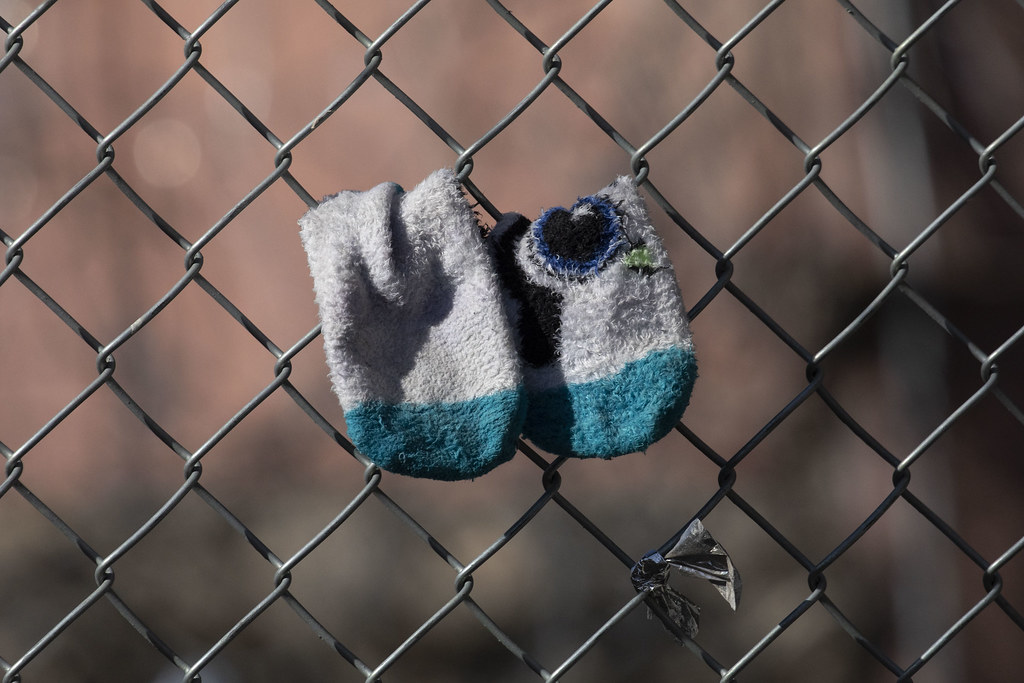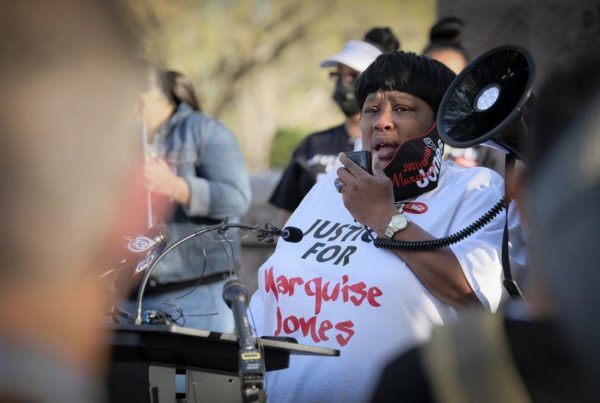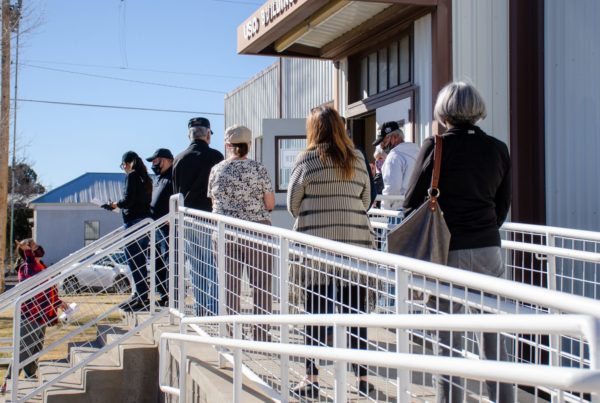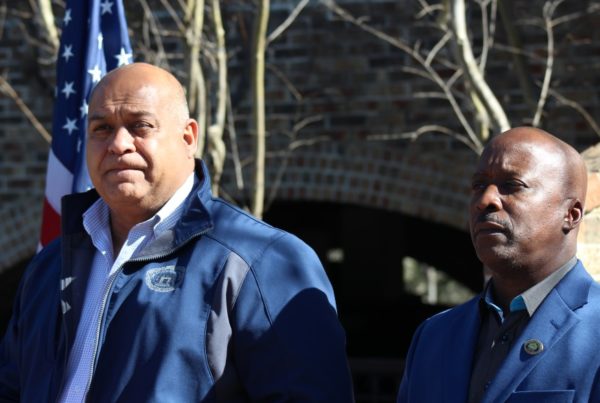More unaccompanied migrant minors came into government care in March than any other month in the history of the Office of Refugee Resettlement program, according to the Department of Health and Human Services.
And hundreds of those kids — many of whom are fleeing violence in their home countries — will end up with family in Houston, according to experts.
Federal officials have been overwhelmed by large numbers of Central American kids and teens arriving at the U.S.-Mexico border each day. Some 23,000 are currently in federal custody — 2,700 in Customs and Border Protection custody and 20,500 under the care of Health and Human Services.
A confluence of worsening country conditions have incited this large number of kids to leave their homes in Central America, which is why Migration Policy Institute policy analyst Ariel Ruiz Soto has argued that the real “migration crisis” is happening in Central America.
“When we refer to the crisis in Central America, we mean malnutrition, poverty, political instability in certain countries, rising perceptions of crime,” Ruiz Soto said.
He added that high homicide rates and lack of trust in government authorities are also important factors that cause people to leave.
Right now conditions are especially bad in Guatemala and Honduras, which have experienced additional devastation from climate change, hurricanes and COVID-19, according to Ruiz Soto. And he said in Honduras there’s been mounting political instability.
“People there have lower perceptions in what the government there can do to change the current conditions,” Ruiz Soto said.
Around two-thirds of the migrant kids arriving without parents at the U.S.-Mexico border are from either Honduras or Guatemala, according to recent data from Customs and Border Protection. The rest are from Mexico and El Salvador.
Ruiz Soto added that smuggling rings have also taken advantage of both the perceived and real immigration policy changes in the U.S. and Mexico.
“When smugglers and other networks can, even erroneously, explain to migrants that there might be an opportunity for them to come if they are children traveling alone, that will trigger and incentivize some migration from these countries,” he said.
President Joe Biden has reversed the Trump administration’s policy of turning away migrant minors at the border or sending them to Mexico or their home countries, and is allowing them to be processed and reunited with family, in line with the policies of every previous administration.
Over the next several weeks, hundreds of these migrant children and teens will likely go to the Houston area. Federal statistics from the last three years show more migrant kids have ended up living in Harris County than anywhere else.
Those heading to Houston will likely be reuniting with family members, according to Mark Greenberg, director of the human services initiative at the Migration Policy Institute.
“The federal government isn’t deciding to send children to a particular state or county,” Greenberg said. “It is sending children to be with a parent or other sponsor.”
Under the Obama administration, Greenberg served as head of the Health and Human Services Administration for Children and Families, which is charged with caring for migrant kids and connecting them with family through the Office of Refugee Resettlement. He said the Houston area has large Central American populations, so it’s natural that a lot of the kids in Honduras and Guatemala left their homes with the intention of reuniting with family in the region.
In fact, 2019 data provided by the Migration Policy Institute shows Harris County is home to nearly 10% of the Honduran population nationwide — 62,000 Hondurans — which is more than any other county in the United States.
Harris County is also home to 37,000 Guatemalan immigrants, making it second only to Los Angeles County in terms of the Guatemalan population.
“You want to see your parents,” said Franklin, a student at Houston Independent School District’s Wisdom High School, explaining why he traveled to the U.S. without a legal guardian.
He said he came to Houston from Honduras to be with his father, who moved to the area when he was a little boy. (Houston Public Media is using his first name only, because of his pending immigration case.)
“(My father) has been here about 15 years,” Franklin said.
In conversation with four other Houston students who came here by themselves, all said they had a parent, uncle or brother already living here.
They were prompted to take the life-threatening journey through Mexico not only to have a better life, but also to be reunited with that family.
“I came here to the United States out of necessity,” said Kevin, who arrived recently from Guatemala and currently lives with his uncle in Houston.
“Nobody just comes here ‘just because’,” Kevin said. “Coming to the U.S. is a bit difficult. There are some who die on their way, and there are others who make it.”














